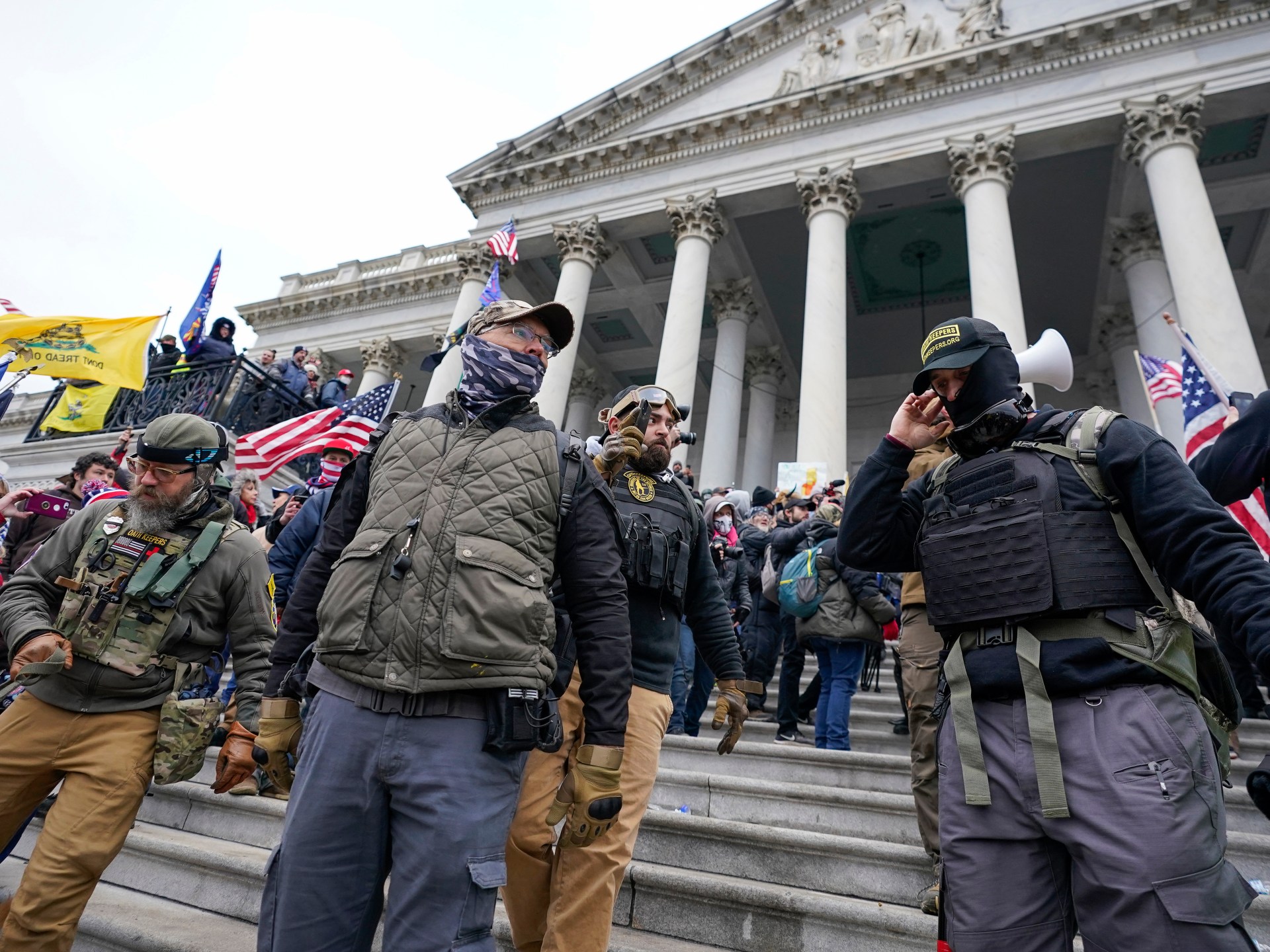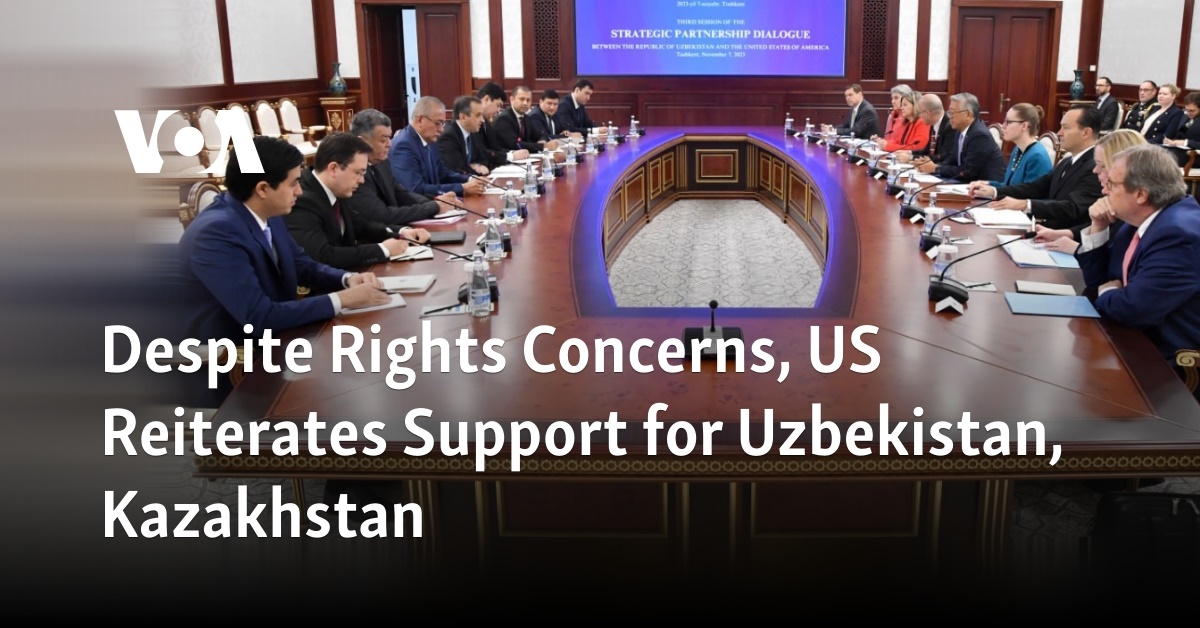
The United Nations agency for Palestinian refugees has warned that not enough aid is reaching the besieged Gaza Strip and 40 percent of its population “is at risk of dying.” famine” amid Israeli restrictions on the entry of much-needed aid trucks into the enclave.
The UN Relief and Works Agency for Palestine Refugees (UNRWA) renewed its warning on Thursday that the besieged enclave is “struggling with catastrophic hunger” and reiterated calls for a “humanitarian ceasefire” as Israeli bombs continue to hit it from the north rained down on the southern part of the enclave.
“Every day is a fight for survival, for food and water,” Thomas White, director of UNRWA affairs in Gaza, was quoted as saying on X, formerly known as Twitter.
“The reality is we need more help. The only hope left is a humanitarian ceasefire,” the agency said on X.
A “total siege” imposed by Israel since the war began on October 7 and after years of a crippling blockade has deprived Palestinians in Gaza of food, water, fuel and medicine. The serious shortage could only be remedied sporadically by humanitarian aid convoys, which arrived mainly via Egypt.
Last week, the United Nations Security Council passed a resolution calling for more aid to Gaza after days of delays, but aid groups and human rights activists described it Resolution as “woefully inadequate” and “almost meaningless.”
The UN agency’s latest stark warning about the humanitarian catastrophe unfolding in Gaza came from Israeli troops on Thursday continued to bombard the area heavilywith the center of intense fighting with Hamas militants steadily shifting south – where hundreds of thousands of displaced Palestinians are seeking refuge.
Air and artillery attacks and house-to-house fighting have become most intense in the southern city of Khan Younis. Ashraf al-Qudra, spokesman for the Ministry of Health in Gaza, reported more than 200 deaths “including entire families” in attacks across the territory in the past 24 hours.
More than 80 percent of Gaza’s 2.4 million people have been forced from their homes, according to the UN, and many are now living in cramped shelters or makeshift tents in the far south, in and around the town of Rafah, near the Egyptian border.
“Every day is a fight for survival, to find food and water” @TomWhiteGaza
📍#Gaza struggles with catastrophic hunger. 40% of the population is now at risk of famine.
The reality is that we need more help. The only hope left is humanitarian aid #Armistice https://t.co/8a5a4AjBt3
— UNRWA (@UNRWA) December 28, 2023
“Urgent steps” needed to ease acute hunger
Earlier, UN World Health Organization (WHO) chief Tedros Adhanom Ghebreyesus called for “urgent steps to alleviate the grave danger” facing the people of Gaza, including “horrendous injuries, acute hunger and… a high risk of disease.”
A United Nations-backed report came out last week warned that Gaza’s entire population of 2.3 million is facing crisis famine and 576,600 people are living in a catastrophic or starvation situation.
According to the report, published by 23 UN and non-governmental organizations, the proportion of households in Gaza experiencing high levels of acute food insecurity is the largest ever recorded in the world, surpassing even near-starvation levels in Gaza Afghanistan and Yemen in recent years.
Israel’s relentless airstrikes and ground attacks have killed at least 21,320 people, mostly women and children, according to Gaza’s health ministry.
Israeli government spokesman Eylon Levy has accused the United Nations of failing to provide aid to civilians in Gaza. He claimed that Hamas is hijacking aid and that “UNRWA is covering it up,” blaming UN logistics for the closure of the Israeli-controlled Karem Abu Salem border crossing (called Kerem Shalom in Israel) this week.
Israel has provided no evidence of its allegations to the UN agency.
Earlier this week, Israel said it would not renew the visa of a UN worker in the country and would also reject the visa application of another UN worker, as the global body has criticized Israel’s attacks on civilians and hospitals during the Gaza war. The overwhelming majority of the more than 21,000 Palestinians killed are civilians.
Israeli officials have rejected international calls for a ceasefire – saying it would amount to a Hamas victory.
While the United States has provided crucial support for the offensive, it has called on Israel to take greater action to spare civilians and facilitate more aid. But humanitarian workers say the amount of food, fuel and medical supplies entering the country is still far below needs.






Recent Comments